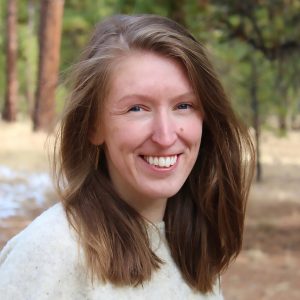Pilot Project, Year 4
Developing a Methodology for Exploring Health Inequities Tied to Wildfire Smoke
Emergency room visits and deaths associated with wildfire smoke are projected to double by 2100 as wildfires continue to increase in size and frequency across the U.S. and elsewhere. Understanding how smoke events caused by wildfire and prescribed burning are connected to health inequities is critical to reduce negative outcomes among underrepresented populations.
Foundational understandings of how community members perceive relationships between health and smoke, and the actions that they can or cannot take to alleviate health consequences, can provide valuable insights for the development or modification of wildfire and smoke management efforts, policy development, and communication about health risks.
This study pilots a mixed-method approach that examines how health inequities emerge within communities frequently affected by wildfire and prescribed fire smoke. Data collection will take place in three phases:
- A household survey of the study community to understand residents’ perceived influences on health equity.
- Interviews with residents and professionals to identify adaptation strategies that households currently employ to reduce health consequences associated with smoke.
- Focus groups with residents and professionals to identify feasible and locally supported strategies for increasing community adaptive capacity to minimize health inequities during periods of low air quality.
Findings from this nested approach will form the basis for a framework to assess community health inequities created or exacerbated by wildfire events or prescribed burning that is transferable to a diverse range of U.S. populations.
Funding: The study is funded by NIMHD/NIH U54MD012388
About the investigators
Catrin Edgeley, PhD
Conferences Accordion Closed
Edgeley, C.M. and Burnett, J.T. (2022). Supporting the advancement of community smoke adaptation: Aligning resources with community context on rural landscapes. International Association for Society and Natural Resources Annual Meeting, San Jose, Costa Rica, June 26–30.
Edgeley, C.M. (2022). Supporting community adaptation to smoke from wildfire and forest management in Parks, AZ. Society of American Foresters Northern Arizona Chapter Meeting, March 29, Flagstaff, AZ.
